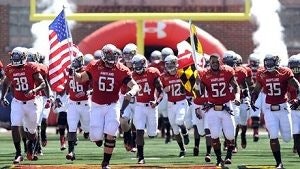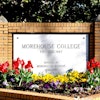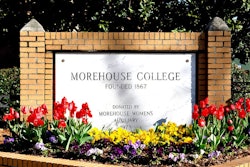The 9th U.S. Circuit Court of Appeals in San Francisco on Monday upheld a ruling that said the National Collegiate Athletic Association (NCAA) can’t limit education-related benefits colleges provide to student-athletes who play Football Bowl Subdivision football and Division I basketball.
A three-judge panel unanimously upheld the March 2019 ruling by U.S. District Judge Claudia Wilken that prohibited the NCAA from enforcing any rules that limit the amount of non-cash, education-related expenses that institutions or conferences provide to student-athletes.
The 2019 ruling is related to an antitrust class-action lawsuit against the NCAA which claims that efforts to cap the value of athletic scholarships violate national antitrust laws.
Monday’s opinion was written by Chief Judge Sidney R. Thomas with concurrence by Judge Milan D. Smith, Jr.
“The panel affirmed the district court’s order in an antitrust action, enjoining the National Collegiate Athletic Association from enforcing rules that restrict the education-related benefits that its member institutions may offer students who play Football Bowl Subdivision football and Division I basketball,” said the opinion.
The appellate panel, which also included Judge Ronald M. Gould, did not broaden the ruling. That means the NCAA can continue to limit non-education-related compensation for now.
Moving forward, Division I athletic conferences should be able to set their own rules for education-related compensation or benefits that member institutions provide to student-athletes without interference from the NCAA. That means a college or university may promise and provide student-athletes scholarships to cover undergraduate and graduate degrees. Also, the NCAA cannot limit the amount of education-related equipment, such as computers, or services, such as tutoring or post-eligibility paid internships.














